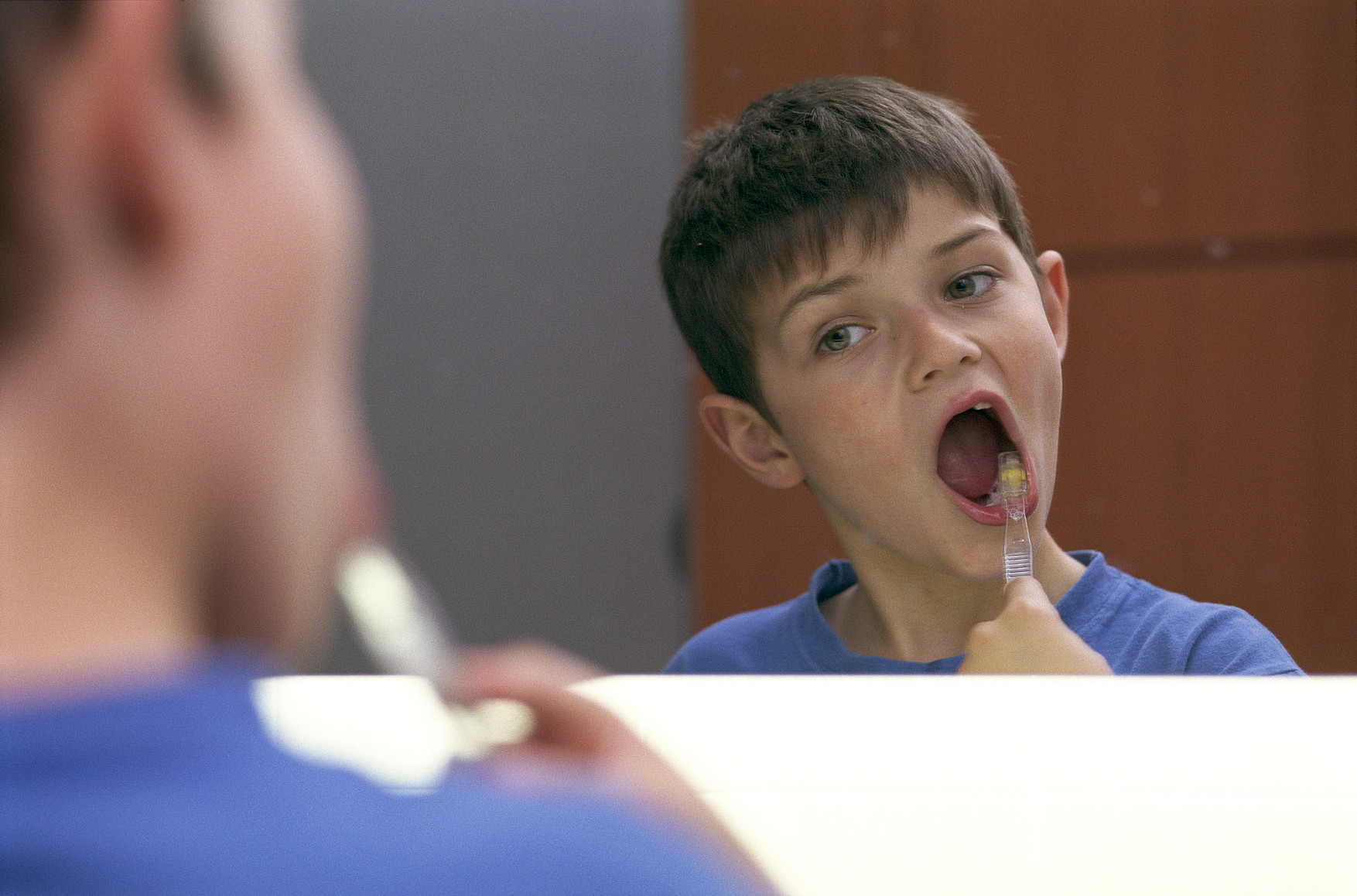
No child should suffer from tooth decay, but it's still a significant problem in this country - a problem which nearly a quarter of children (24.7%) start school with.
It is also one of the most common reasons for hospital admissions for children aged 5 to 9 despite the fact that it is almost entirely preventable.
Giving children the best possible start in life is one of PHE’s priorities and we recognise there is a need to achieve sustained and long-term improvements in oral health and reduced inequalities (poor oral health is higher in more deprived areas). This makes partnership action extremely important.
In light of this, we’re delighted to announce the launch of the Children’s Oral Health Improvement Programme Board.
This has been created to provide national leadership in the area of child oral health and to ensure that group action is taken to make improvements.
This week the board will launch an action plan detailing key objectives with examples of how these will be delivered, and what success will look like in 2020.
The action plan was developed and agreed by partners working together following a oral health roundtable held in July 2015.
Chaired and led by Dr Jenny Godson, lead for oral health improvement at PHE, the board, which meets quarterly, brings together stakeholder organisations that have key leadership roles for children and young people, including NHS England, the LGA, the British Dental Association, and the Institute of Health Visiting.
This week also marks Health Visitor Week 2016, which is timely for our launch, since health visitors play such a vital role in improving child oral health.
Alongside the action plan, we’ve published an updated educational resource and infographic for health visitors with the recommended key messages that they can communicate to parents and children across the life course.
Local authorities are at the heart of delivering and commissioning child oral health programmes, it’s crucial that we work with them to demonstrate what interventions are effective.
We will shortly be publishing a return on investment report and toolkit for local authority commissioners, which give evidence for the financial gains that rolling out child oral health programmes such as supervised toothbrushing schemes for children can bring.
In addition we will publish a toothbrushing feasibility study report which shows the deliverability, acceptability and cost of an early years supervised toothbrushing scheme and a PHE toolkit to support supervised toothbrushing programmes in early years and schools in the coming weeks.
We hope these resources prove informative and useful for those using them, and always welcome any feedback from our partners.
We have an opportunity to change the future for our children and a welcome appetite from a number of organisations to work together to improve oral health for young people.
Because improving oral health is everyone’s business, so we look forward to seeing the results of this new collaborative approach.
We encourage all professionals to use the ‘top three tooth tips’ we all need to be communicating to children and families to promote good oral health:
- Reduce the consumption of food and drinks that contain sugars and in particular avoid sugar containing foods and drinks at bedtime as well as asking for sugar free medicines if possible. PHE's sugar app can help parents check the sugar in food and drinks.
- Teeth should be brushed at least twice daily with a fluoride toothpaste last thing at night and on at least one other occasion. Parents should brush teeth as soon as the first primary tooth appears (at approximately 6 months of age) and continue to supervise children up to the age of 7 years when they brush their teeth. Toothpaste needs to have at least a 1000 ppm fluoride. For maximum protection from tooth decay use a family toothpaste containing 1350 to 1500 ppm of fluoride. Children under 3 years old should use a smear of toothpaste and children aged 3-6 years no more than a pea-size amount. Parents should encourage children to spit out excess toothpaste after brushing but not rinse as this washes away the fluoride
- Visit the dentist on a regular basis, and take your child to the dentist as soon as their first tooth appears in the mouth.
